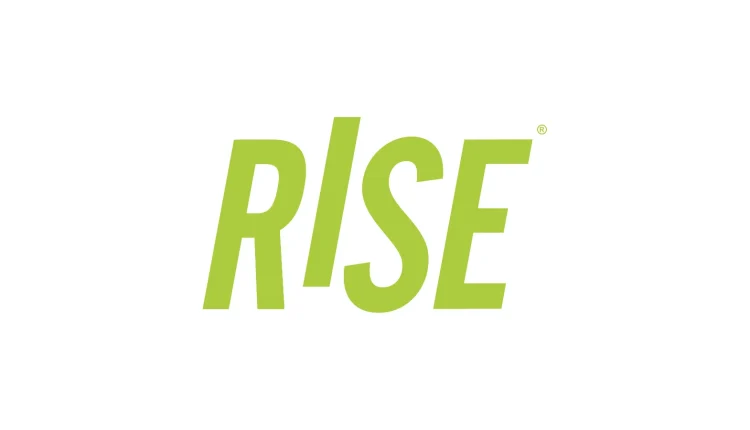Rise Credit 2024 Review High-APR Installment Loans for Bad Credit, Fast Funding and Real Costs
Practical, no-nonsense breakdown of Rise Credit’s 2024 installment loans, who gets fast funding, how steep the APRs are, and what borrowers with bad credit actually pay

Rise Credit is a Texas-based lender known for offering installment loans to borrowers who struggle with traditional bank approvals. In 2024 the product still targets people with bad credit and promises fast funding, but the trade-off is very high APRs and a cost that can be far higher than the amount borrowed.
Who Rise Credit serves
Rise Credit focuses on applicants with low or no FICO scores who need quick cash. Loan amounts typically range from $300 to $5,000, a bracket designed for short-term needs like car repairs, medical bills, or unexpected household expenses.
Because Rise underwrites riskier profiles, it uses alternative credit checks such as Teletrack and requires steady income and a checking account. If you need a personal loan fast and other doors are closed, Rise’s installment loans can be a practical, if costly, option.
Rates, fees and real costs
The headline here is high APR: Rise Credit’s rates commonly span roughly 58.9% to as much as 299% APR depending on state rules and borrower profile. That translates into monthly payments that can exceed the principal several times over on longer terms.
Rise advertises no origination or prepayment penalties in many states, but the interest burden and repayment terms—typically from several months up to three years—make total cost the central concern. Always calculate the total amount due, not just the biweekly or monthly payment.
How to apply and fast funding
Applying online is straightforward: pre-qualify to see potential terms without a hard hit to your credit, then accept an offer to trigger a final approval and funding. Rise often approves quickly and can disburse funds as soon as the next business day in many cases, which is the main draw for emergency borrowers.
Remember that final approval may include a hard credit pull and verification of income, and availability varies by state. Use pre-qualification to compare loan offers and confirm the exact APR and payment schedule before committing.
Alternatives, protections and next steps
Given the sky-high APRs, compare Rise Credit with lower-cost alternatives first: credit unions, community lenders, peer-to-peer options, or borrowing from family. Nonprofit assistance and payment plans for utilities or medical bills can also avoid high-interest debt altogether.
If you choose Rise, treat it as an emergency tool and plan an exit strategy: pay extra when possible, and look into refinancing with a credit union or online lender once your credit improves. Check that Rise reports payments to credit bureaus—on-time payments can help rebuild credit over time.





























